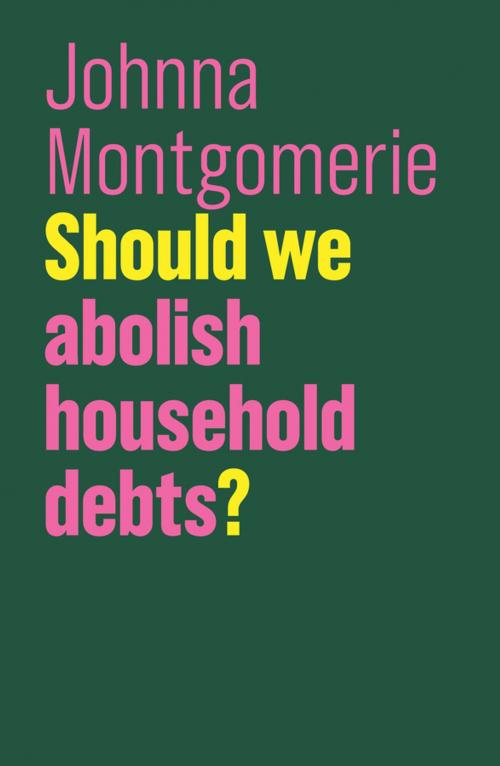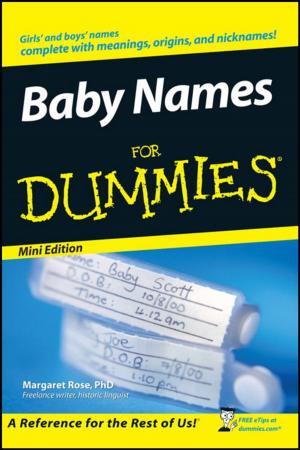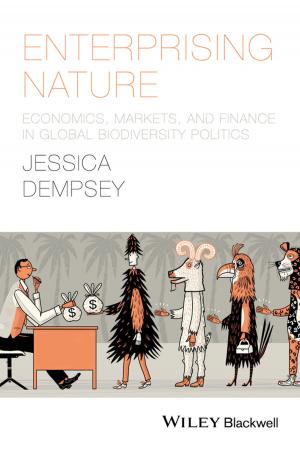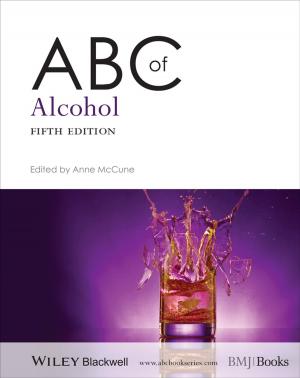Should We Abolish Household Debts?
Nonfiction, Social & Cultural Studies, Political Science, Politics, Economic Policy| Author: | Johnna Montgomerie | ISBN: | 9781509525430 |
| Publisher: | Wiley | Publication: | May 7, 2019 |
| Imprint: | Polity | Language: | English |
| Author: | Johnna Montgomerie |
| ISBN: | 9781509525430 |
| Publisher: | Wiley |
| Publication: | May 7, 2019 |
| Imprint: | Polity |
| Language: | English |
We live in a culture of credit. As wages have stagnated, we’ve seen a dramatic surge in private borrowing across the western world; increasing numbers of households are sucked into a hopeless vortex of spiralling debt, fuelled by exploitative lending.
In this book Johnna Montgomerie argues that the situation is chronically dysfunctional, both individually and collectively. She shows that abolishing household debts can put an end to austerity and to the unsustainable forward march of debt-dependent growth. She combines astute economic analysis with the elements of an accessible guide to practical policy solutions such as extending unconventional monetary policy to the household sector, providing pragmatic and affordable refinancing options, and writing off the most pernicious elements of household debt. This framework, she contends, can help us to make our economy fairer and to tackle both the housing crisis and accelerating inequality.
We live in a culture of credit. As wages have stagnated, we’ve seen a dramatic surge in private borrowing across the western world; increasing numbers of households are sucked into a hopeless vortex of spiralling debt, fuelled by exploitative lending.
In this book Johnna Montgomerie argues that the situation is chronically dysfunctional, both individually and collectively. She shows that abolishing household debts can put an end to austerity and to the unsustainable forward march of debt-dependent growth. She combines astute economic analysis with the elements of an accessible guide to practical policy solutions such as extending unconventional monetary policy to the household sector, providing pragmatic and affordable refinancing options, and writing off the most pernicious elements of household debt. This framework, she contends, can help us to make our economy fairer and to tackle both the housing crisis and accelerating inequality.















